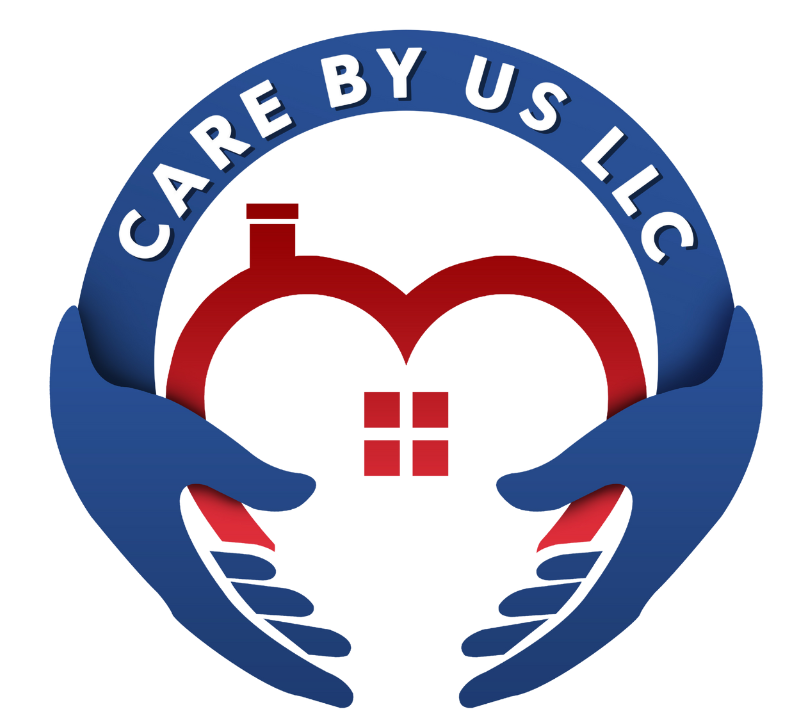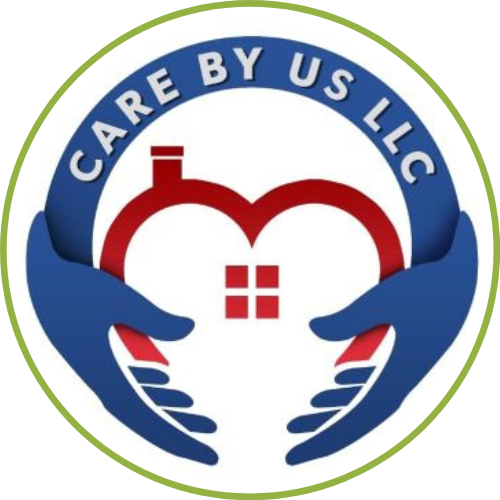🌼 Coronary Artery Disease: Understanding, Prevention and Care🌼
DEFINITION
Coronary Artery Disease (CAD), also known as Coronary Heart Disease (CHD) or Ischemic Heart Disease, is a serious medical condition characterized by the narrowing or blockage of the coronary arteries. These arteries supply oxygen-rich blood to the heart muscle. CAD is primarily caused by atherosclerosis, a buildup of plaque consisting of cholesterol, fat, calcium, and other substances on the inner walls of the arteries. As the plaque accumulates, it narrows the arteries and restricts blood flow, ultimately leading to reduced oxygen supply to the heart muscle.
DID YOU KNOW (US and Florida Statistics)
- According to the Centers for Disease Control and Prevention (CDC), an estimated 16.5 million Americans are affected by the disease. The prevalence of CAD in the US is higher than the global average, with an estimated 8.2 million people living with the disease in the US. This is largely due to the US’s aging population and high rates of obesity and diabetes, which contribute to the development of the condition.
Florida's Reality:
- In Florida, CAD is the third leading cause of death, accounting for over 10,000 deaths in 2017 alone. The prevalence of CAD in Florida is estimated to be 8.1%, compared to the national average of 6.7%. This difference is largely driven by the aging population of Florida, as the incidence of CAD increases with age. African-Americans and Hispanics are more likely to be diagnosed with CAD than whites, with a respective prevalence rate of 11.1% and 8.3%.
- The prevalence of CAD in Florida is higher among certain racial and ethnic groups. This disparity is largely attributed to higher rates of risk factors, such as obesity, high blood pressure, and diabetes, among African-Americans and Hispanics.
COMMON SYMPTOMS AND DIAGNOSIS
Common symptoms of Coronary Artery Disease include chest pain or discomfort (angina), shortness of breath, fatigue, nausea, and pain in the jaw, neck, arms, or back. However, it's important to note that some individuals, especially women, may experience atypical symptoms such as indigestion or unexplained fatigue.
Diagnosis often involves a combination of medical history assessment, physical examinations, and diagnostic tests. These tests may include:
- Electrocardiogram (ECG/EKG): Measures the heart's electrical activity to detect irregularities.
- Stress Test: Evaluates the heart's response to exercise, helping diagnose CAD-related limitations.
- Angiography: Invasive procedure using contrast dye and X-rays to visualize the coronary arteries' condition.
- Cardiac CT or MRI: Non-invasive imaging techniques to assess the heart's structure and blood flow.
COMMON UNDERLYING ISSUES
Several factors contribute to the development of Coronary Artery Disease, including:
- Smoking: Tobacco use damages blood vessels and accelerates plaque formation.
- High Blood Pressure: Puts stress on artery walls, promoting atherosclerosis.
- High Cholesterol: Elevated levels of bad cholesterol (LDL) contribute to plaque buildup.
- Diabetes: Increases the risk of CAD due to damaged blood vessels.
- Obesity: Excess weight can lead to various risk factors for CAD.
- Physical Inactivity: Lack of exercise increases the risk of CAD and related conditions.
- Family History: Genetic predisposition plays a role in CAD development.
MASTERING MEDICATIONS
Medications can effectively manage Coronary Artery Disease by addressing risk factors and improving blood flow. Common medications include:
- Statins: Lower cholesterol levels and reduce plaque buildup.
- Antiplatelet Drugs: Prevent blood clot formation, reducing the risk of heart attacks.
- Beta-Blockers: Lower blood pressure and heart rate, reducing strain on the heart.
- ACE Inhibitors / ARBs: Help relax blood vessels and lower blood pressure.
- Nitroglycerin: Relieves chest pain by dilating coronary arteries.
HOW CAN I PREVENT CORONARY ARTERY DISEASE
Prevention plays a crucial role in reducing the risk of CAD:
- Healthy Diet: Emphasize fruits, vegetables, whole grains, lean proteins, and healthy fats. Limit saturated and trans fats, sodium, and added sugars.
- Regular Exercise: Aim for at least 150 minutes of moderate-intensity aerobic activity per week.
- Tobacco Avoidance: Quit smoking and avoid exposure to secondhand smoke.
- Stress Management: Practice relaxation techniques to reduce chronic stress.
- Maintain Healthy Weight: Achieve and maintain a healthy body weight to lower risk factors.
- Blood Pressure and Cholesterol Control: Regular monitoring and management are vital.
Care By Us Coronary Artery Disease Care Services:
At Care By Us, we understand the complexities of managing Coronary Artery Disease (CAD) and the importance of comprehensive care during the recovery process. Our non-medical home care agencies offer specialized CAD Care and Recovery services designed to provide support, assistance, and guidance to individuals as they navigate their journey to better heart health. Our services are tailored to complement medical treatments and promote a heart-healthy lifestyle.
1. Personalized Care Plans: We collaborate with clients, their families, and healthcare providers to develop personalized care plans that address their unique needs, cardiac rehabilitation goals, and recovery process.
2. Medication Management: Our caregivers provide reminders and support to ensure clients take their prescribed medications on time and as directed by their healthcare provider.
3. Lifestyle Modification Support: We assist clients in adopting heart-healthy lifestyle changes, including dietary adjustments, smoking cessation, and regular exercise routines.
4. Physical Activity Encouragement: Regular physical activity is crucial for heart health. Our caregivers encourage and assist clients in following prescribed exercise regimens and staying active within safe limits.
5. Nutritional Guidance: We offer nutritional guidance to support clients in making heart-healthy food choices that align with their dietary restrictions and overall health goals.
6. Vital Sign Monitoring: Our caregivers help monitor vital signs such as blood pressure, heart rate, and oxygen levels to track progress and ensure stability.
7. Medication Reminders: We provide reminders and assistance with managing medications related to CAD, including blood thinners, beta-blockers, and cholesterol-lowering drugs.
8. Dietary Management: Our caregivers work with clients to create meal plans that focus on low-sodium, low-fat, and nutrient-dense foods to support heart health.
9. Emotional Support: Managing CAD can be emotionally challenging. Our caregivers offer companionship and emotional support to help clients cope with the emotional aspects of their condition.
10. Stress Management Techniques: We offer guidance on stress reduction techniques such as deep breathing exercises, relaxation, and mindfulness practices.
11. Home Safety Assessment: Our caregivers assess the home environment for potential safety hazards and recommend modifications to reduce the risk of accidents.
12. Communication with Healthcare Providers: With the client's consent, we maintain open communication with their healthcare team, sharing updates on their condition and progress to ensure comprehensive care.
13. Transportation Assistance: We offer transportation to medical appointments, cardiac rehabilitation sessions, and other necessary healthcare visits.
14. Support with Medical Equipment: If prescribed, we assist clients in using and maintaining medical equipment such as blood pressure monitors or heart rate monitors.
15. Family Education and Support: We educate family members on how to support their loved one's heart health, including recognizing signs of potential complications.
16. Rehabilitation Monitoring: We monitor progress in cardiac rehabilitation and recovery and communicate with healthcare professionals to make necessary adjustments to the care plan.
Our goal at Care By Us is to provide holistic care that supports individuals in managing Coronary Artery Disease and achieving optimal heart health. Our CAD Care and Recovery services are designed to empower clients to make positive lifestyle changes, adhere to treatment plans, and improve their overall well-being while promoting a heart-healthy lifestyle.
How Can I Prevent Coronary Artery Disease


